E-commerce is growing rapidly but also revealing many unsustainable factors, especially negative impacts on the environment.
Growth 18 - 25% per year
According to the assessment of the Department of E-commerce and Digital Economy (Ministry of Industry and Trade), e-commerce will continue to maintain a growth rate nearly 3 times higher than the growth rate of traditional trade globally, contributing about 20% to total retail sales of goods and services by 2024. Southeast Asia is the region with the highest growth rate of e-commerce and digital economy in the world.
 |
| E-commerce will continue to grow at a rate three times faster than traditional commerce. Photo: Thanh Tam |
Domestically, Vietnam's e-commerce is maintaining a growth rate of 18 - 25% per year. In 2024, the e-commerce market size will exceed 25 billion USD, up 20% compared to 2023, accounting for about 9% of the total retail sales of goods and consumer service revenue nationwide.
E-commerce accounts for two-thirds of the value of Vietnam's digital economy; Vietnam is also one of the 10 countries with the highest e-commerce growth rate in the world.
However, the rapid development of e-commerce also brings negative consequences for the environment. According to a report by the International Union for Conservation of Nature, in 2023, e-commerce in Vietnam used 332 thousand tons of packaging; of which, the volume of plastic packaging of all kinds was 171 thousand tons. By 2030, when the scale of e-commerce reaches nearly 100 billion USD, if there is no strong solution for packaging goods, the amount of plastic waste from this sector will reach 800 thousand tons.
The report "Developing e-commerce with environmental protection" published by the Vietnam E-commerce Association also shows that in 2024, up to 80% of online consumers rated e-commerce as having a negative or very negative impact on the environment; 21% said that e-commerce has a worse impact on the environment than traditional commerce. Meanwhile, many customers have not yet chosen environmentally friendly solutions provided on e-commerce platforms or sales websites because they have to pay more.
Building an effective green logistics ecosystem
According to experts, in the field of e-commerce retail, there are two main stages of logistics that have a negative impact on the environment: delivery (related to vehicles running on the road that emit large amounts of carbon) and packaging (carton boxes, plastic packaging, bubble wrap, foam boxes, disposable plastic products).
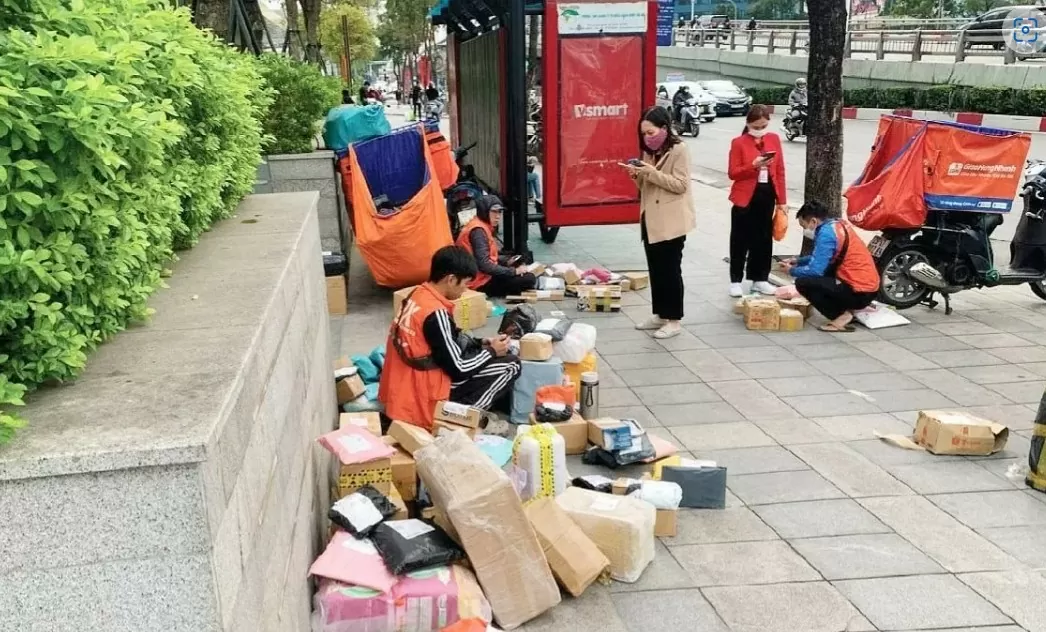 |
| E-commerce in Vietnam is using a lot of plastic packaging, causing environmental pollution. Illustrative photo. |
These negative impacts are even higher in the case of express delivery. Therefore, the transition towards green logistics, reducing direct impacts on the environment, minimizing greenhouse gas emissions and many other pollutants, contributing to the goal of sustainable development is a problem that functional sectors need to urgently solve.
In its role, over the past year, the Department of E-commerce and Digital Economy has coordinated with the Department of Industry, the Department of Electricity and Renewable Energy, and relevant units to co-organize the Industry and Trade Digital Transformation Forum 2024 with the theme "Promoting digital transformation, green transformation towards sustainable development" in November 2024.
The event was organized to contribute to solving existing problems in the process of moving towards sustainable trends; at the same time, recommending solutions to promote e-Government, develop the digital economy of the Industry and Trade sector in key areas such as energy, smart manufacturing, e-commerce and logistics; solutions to continue building a sustainable e-commerce market, narrowing the digital gap, increasing regional connectivity, focusing on environmental factors, etc.
Ms. Le Hoang Oanh - Director of the Department of E-commerce and Digital Economy - said that in 2025, the Department will continue to research, develop and perfect specialized laws on e-commerce. This is one of the top priorities to create a stable legal environment and sustainable development for e-commerce.
In addition, continue to develop sustainable e-commerce, green e-commerce, minimize environmental impacts; promote cooperation between parties, link with industry associations and businesses; strengthen coordination with ministries, branches and localities to promote regional connectivity, develop e-commerce and support digital transformation for traditional markets.
In addition, strengthen the management of cross-border e-commerce platforms, ensure transparency and compliance with the law; proactively promote the application of AI in management and operation activities, thereby promoting digital transformation of the Industry and Trade sector. At the same time, the Department will continue to build and continuously update a common database, ensuring effective coordination with other units.
Green logistics transformation in e-commerce is not only an inevitable trend but also a path for sustainable and strong development. However, to transform in a green, sustainable direction, reaching out to the world, requires businesses to have a strategic, long-term vision, ensuring long-term benefits, ensuring competitiveness in the context of globalization and meeting the general global trend. If we do not do this, the transformation will become distant.
| Regarding solutions for environmentally friendly e-commerce, 79% of online customers said that the government needs to quickly issue and disseminate legal policies on environmental protection in e-commerce; 71% suggested that businesses and online merchants should publicize environmentally friendly options to make it easier for customers to make decisions; 61% of consumers suggested the need for forms of propaganda to raise environmental awareness among online shoppers. |
Source: https://congthuong.vn/xanh-hoa-thuong-mai-dien-tu-de-phat-trien-ben-vung-367888.html


![[Photo] Prime Minister Pham Minh Chinh receives delegation of leaders of US universities](https://vstatic.vietnam.vn/vietnam/resource/IMAGE/2025/3/31/8be7f6be90624512b385fd1690124eaa)



![[Photo] Ministry of Defense sees off relief forces to the airport to Myanmar for mission](https://vstatic.vietnam.vn/vietnam/resource/IMAGE/2025/3/30/245629fab9d644fd909ecd67f1749123)
![[Photo] 2nd Conference of the Party Executive Committee of Central Party Agencies](https://vstatic.vietnam.vn/vietnam/resource/IMAGE/2025/3/31/8f85b88962b34701ac511682b09b1e0d)
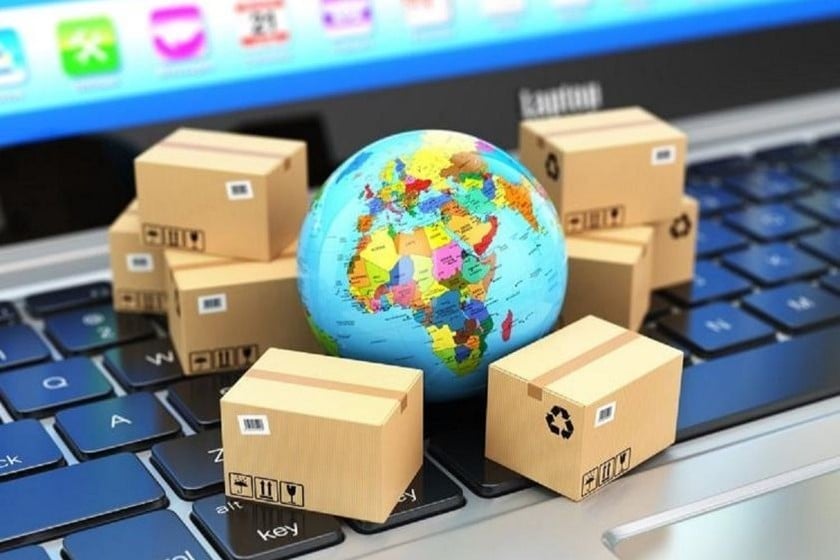








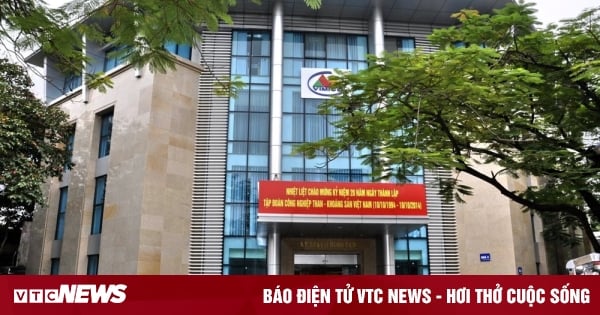
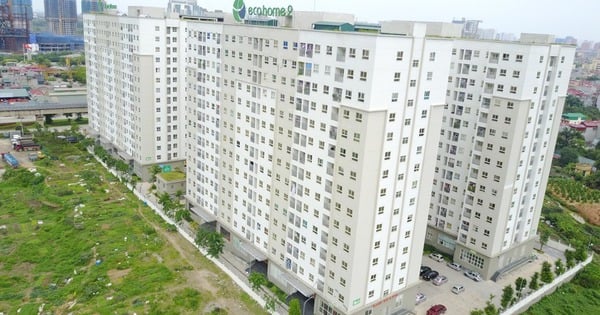



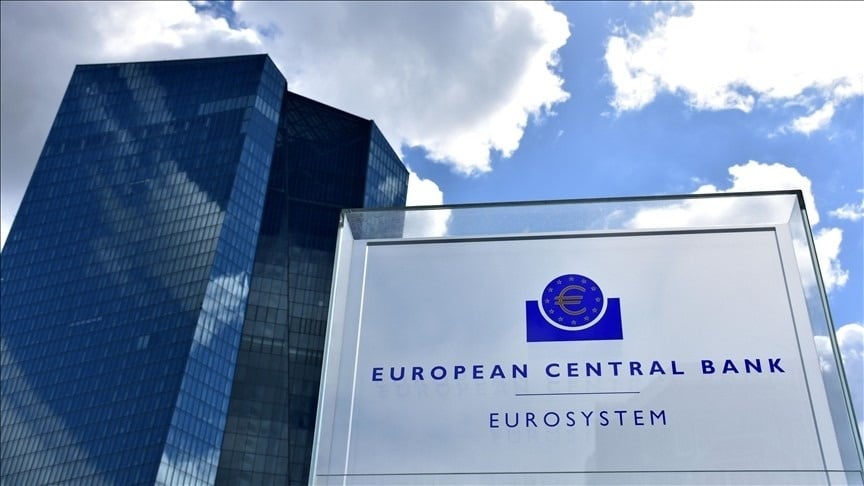


























































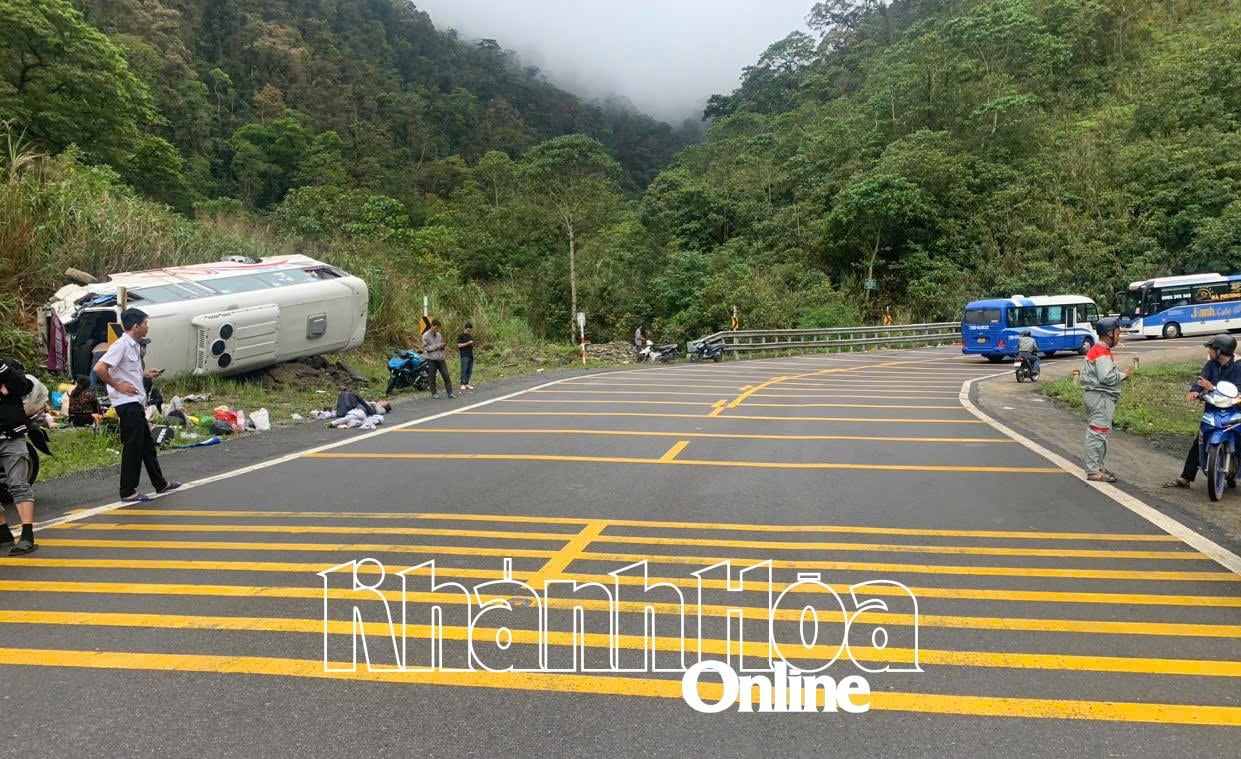



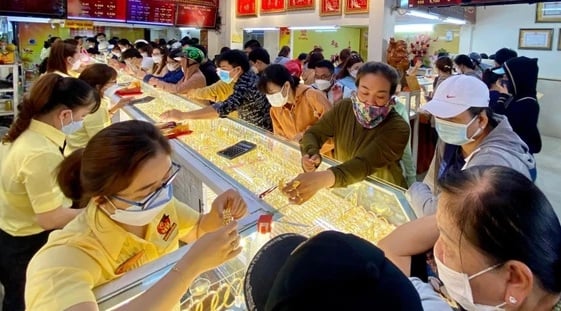

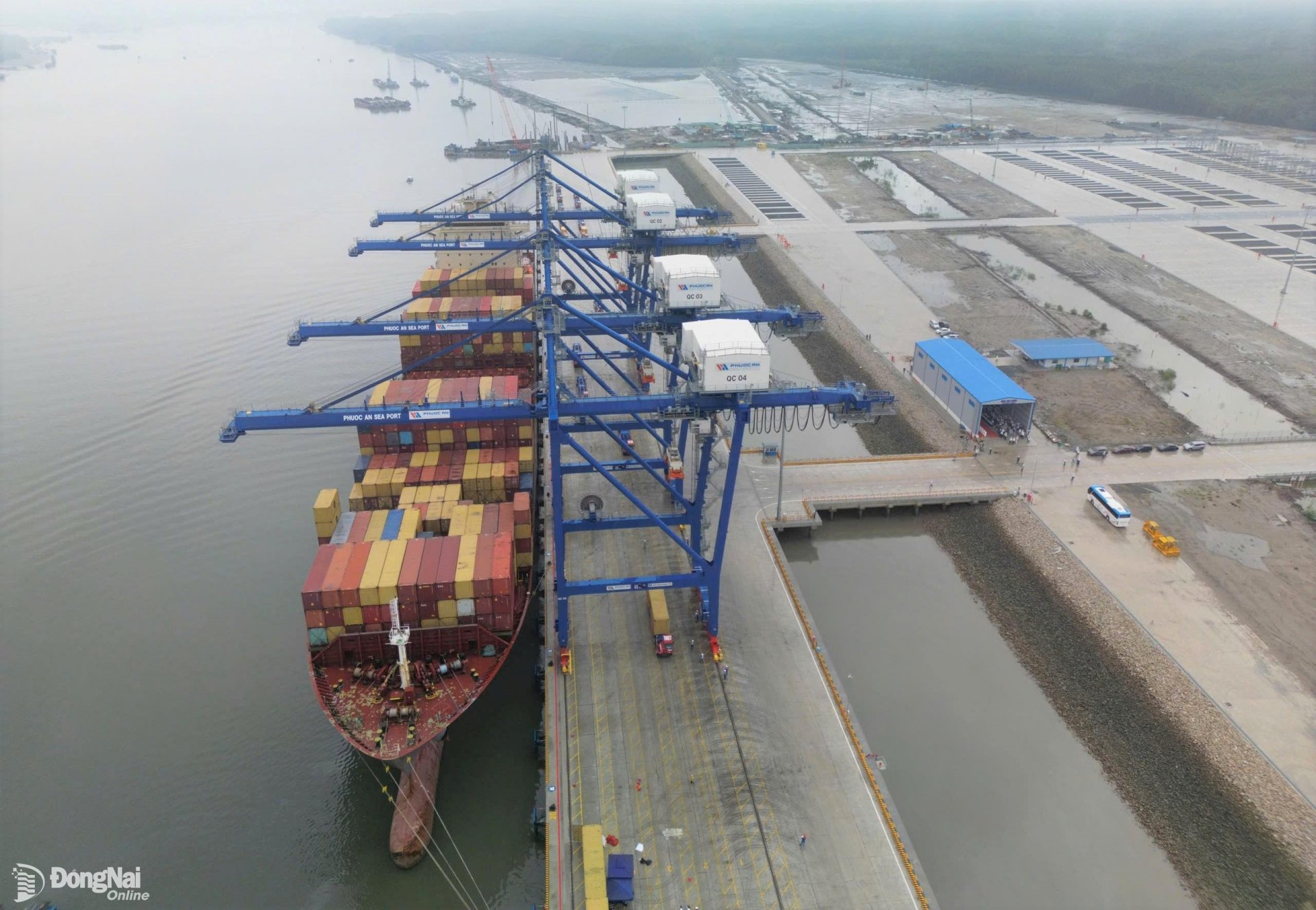









![[REVIEW OCOP] An Lanh Huong Vet Yen Cat](https://vstatic.vietnam.vn/vietnam/resource/IMAGE/2025/3/27/c25032328e9a47be9991d5be7c0cad8c)



Comment (0)